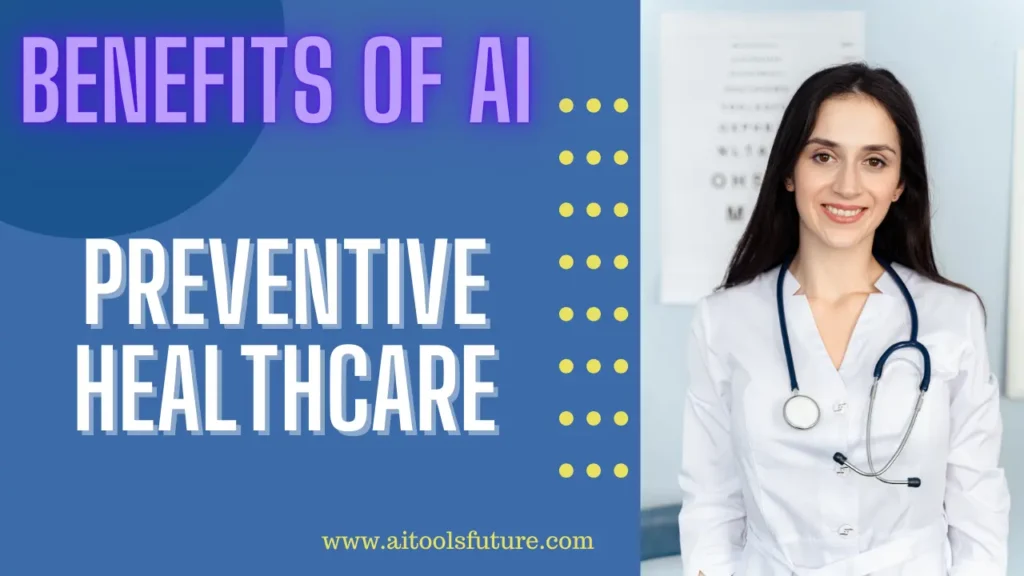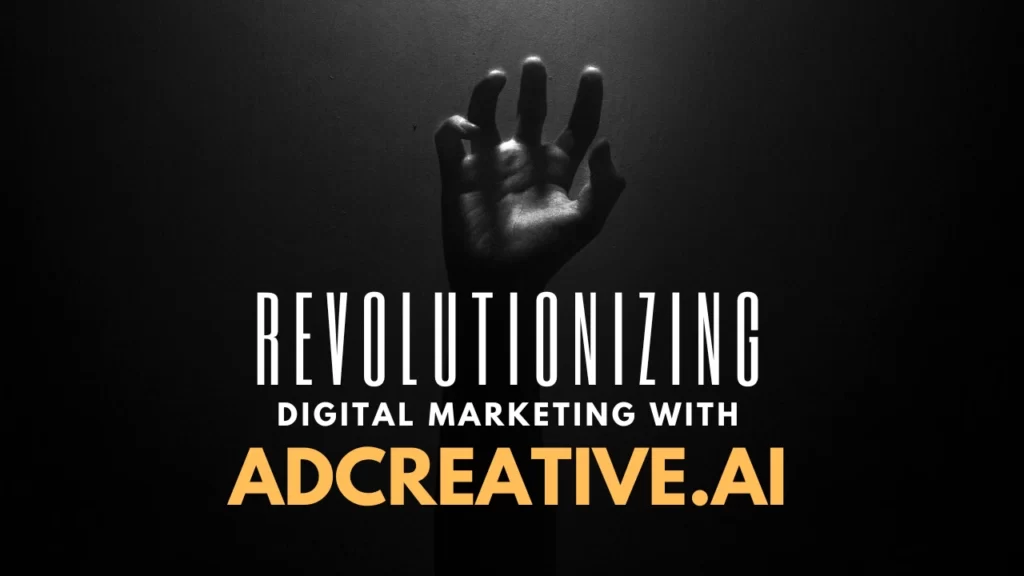Artificial intelligence (AI) is poised to revolutionize healthcare from drug discovery to patient care and administrative tasks. Its potential benefits are staggering, promising a future of improved efficiency, accuracy, and patient outcomes. Let’s delve deeper into some of these exciting possibilities of the benefits of AI in healthcare.
Drug Discovery
Traditionally, drug discovery is a slow and expensive process. AI can analyze massive datasets of genetic information, protein structures, and existing drugs to identify promising targets for new medications. This can significantly accelerate the process and lead to the development of more effective treatments.
Remote Patient Monitoring
AI-powered wearable devices and sensors can continuously collect health data from patients in their homes. These devices can track vital signs, blood sugar levels, or even gait patterns. AI algorithms can analyze this data to detect subtle changes that might indicate a developing health issue. Early detection allows for prompt intervention and potentially prevents complications.
Personalized Medicine
AI can analyze a patient’s entire medical history, genetic makeup, and current health data to create a personalized treatment plan. This approach considers factors unique to each patient, leading to more effective and targeted therapies with potentially fewer side effects.
Early Disease Detection
AI can analyze medical images like X-rays and mammograms with incredible accuracy, flagging abnormalities that might be missed by the human eye. This allows for earlier detection of diseases like cancer when treatment is most successful.
Preventative Healthcare
AI can analyze vast datasets of patient information and medical research to identify individuals at high risk for certain diseases. This allows for preventative measures like lifestyle changes or early screenings to be implemented, potentially preventing the disease altogether.

Medical Imaging
Beyond early disease detection, AI can automate many aspects of medical imaging, improving efficiency and accuracy. AI algorithms can analyze scans to segment tissues, identify abnormalities, and even generate reports, freeing up radiologists’ time for complex cases.
Analytics
AI excels at analyzing massive amounts of healthcare data, and uncovering hidden patterns and trends. This can inform public health initiatives, resource allocation, and the development of new treatment protocols.
Automation
Repetitive administrative tasks like appointment scheduling, claims processing, and report generation can be automated using AI. This frees up healthcare staff to focus on patient care and reduces the risk of human error.
Dosage Error Reduction
AI systems can be integrated with electronic health records to double-check medication prescriptions and identify potential drug interactions or dosage errors. This can significantly improve patient safety.

Medical Education
AI-powered simulations and virtual reality can provide medical students and professionals with realistic training scenarios. This allows for more immersive and personalized learning experiences.
Patient Engagement
Chatbots powered by AI can answer patients’ questions 24/7, provide medication reminders, and even offer basic mental health support. This improves patient engagement and empowers them to take a more active role in their health.
Clinical Trials
AI can streamline clinical trials by analyzing data to identify suitable participants, predict treatment outcomes, and even design more efficient trial protocols. This can accelerate the development of new treatments and therapies.
Decision Making
AI can analyze vast amounts of medical data and research to provide doctors with real-time insights and support better decision-making during diagnosis and treatment planning. This can lead to more accurate diagnoses and personalized treatment approaches.
Focus on Cancer
AI plays a crucial role in cancer care. It can analyze complex medical images to detect tumors earlier and with higher accuracy. AI can also help predict how a patient might respond to different cancer treatments, allowing doctors to personalize treatment plans for better outcomes.
Detecting Fraud
AI algorithms can analyze healthcare billing data to identify patterns that might indicate fraudulent claims. This can save healthcare systems significant resources and ensure funds are directed towards patient care.
Enhanced Accuracy
AI can improve the accuracy of various healthcare processes. For example, AI-powered pathology tools can assist in analyzing tissue samples, leading to more accurate diagnoses.
Management
AI can be used for hospital and healthcare system management. By analyzing data on patient flow, resource allocation, and staffing needs, AI can help optimize processes and improve operational efficiency.
Personalization
As mentioned earlier, AI excels at personalizing medicine. Beyond treatment plans, AI can personalize patient communication and education materials based on individual needs and learning styles.
Radiology Automation
AI can automate many routine tasks in radiology, such as image pre-processing and report generation. This frees up radiologists’ time to focus on complex cases and improve overall workflow efficiency.
Streamlined Training
AI-powered training tools can personalize the learning experience for medical professionals. This can include adaptive learning platforms and virtual reality simulations, leading to faster and more effective training.
AI and Health Equity
AI has the potential to promote health equity by analyzing data to identify and address disparities in access to healthcare and treatment outcomes across different demographics. This can help ensure everyone receives quality care regardless of background.
The Bottomline
In conclusion, the integration of Artificial Intelligence (AI) has the potential to revolutionize healthcare across its entire spectrum. From the initial stages of drug discovery to personalized patient care and administrative tasks, AI offers a multitude of benefits. AI can accelerate drug development, enable continuous remote monitoring, personalize treatment plans, and detect diseases earlier. It can also automate tasks, improve accuracy in various processes, and streamline training for healthcare professionals. Perhaps most importantly, AI can promote health equity by ensuring everyone has access to quality care. As AI technology continues to evolve, its impact on healthcare is poised to become even more profound, leading to a future with improved efficiency, accuracy, and most importantly, better patient outcomes.
Recommended Reading



